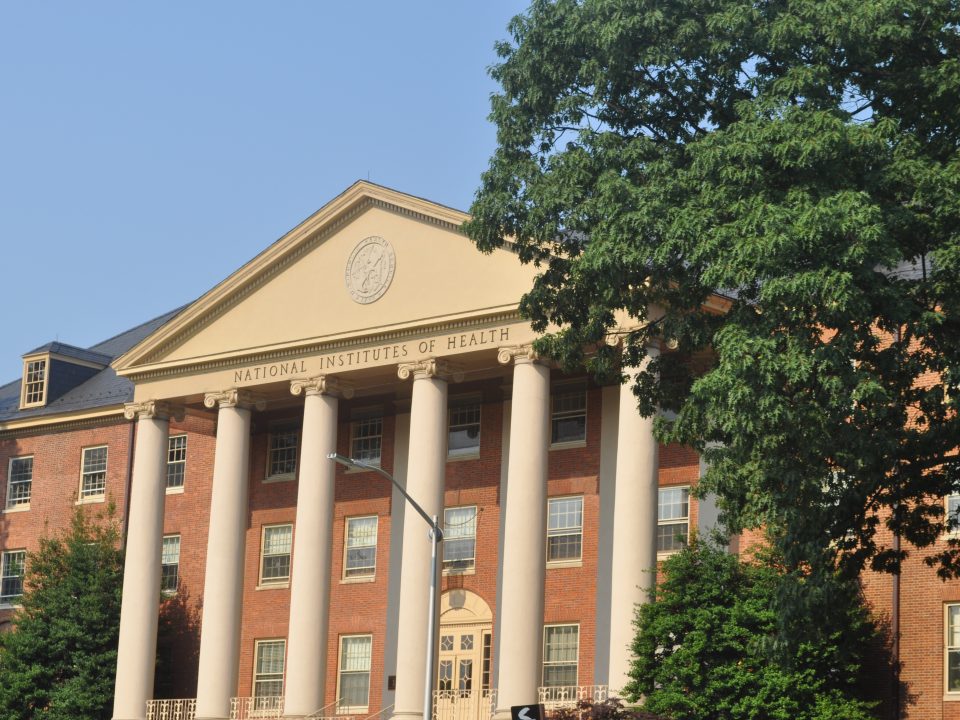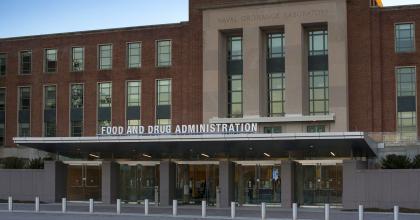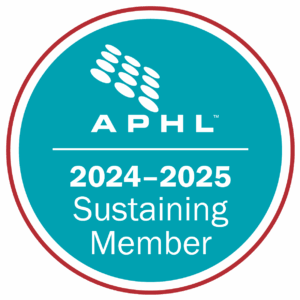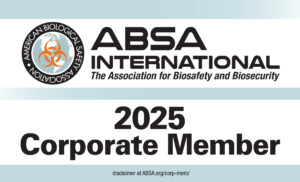
The Challenge
In collaboration with the National Institute for Allergy and Infectious Diseases (NIAID) and the Department of the Army, World BioHazTec’s professionals provided consulting services on the design, construction, and commissioning and certification of the IRF at Fort Detrick, MD. Located on the National Interagency Biodefense Campus at Fort Detrick, the design of the facility required compliance with the Department of Army standards and regulations. The project was part of the U.S. Army Garrison Commander’s focal point for providing sustainable operations support and environmental stewardship to provide vital public health interests. Biodefense research commenced at the facility in 2013. IRF contains BSL-2, BSL-3, ABSL-3, and BSL-4, Vivarium, and an Imaging Suite for research on viruses, such as those causing high-consequence disease (e.g., Ebola virus and SARS-CoV-2) and many other viruses included on the NIAID Priority Pathogens list.
Incorporation and use of MRI equipment in maximum containment presented a unique set of challenges. Locating imaging equipment inside high-containment would subject the imaging device to decontamination procedures which could increase the risk of damage. Frequent maintenance of imaging equipment is often necessary and requiring service engineers to enter BSL-4 areas was not an option.
The Solution
Our professionals served as the biocontainment subject matter expert representative for the NIH, Division of Occupational Health and Safety. World BioHazTec was tasked to provide consultation on the detailed design (15%, 35%, 65% and 95% architectural and engineering drawings and specifications) to meet all biocontainment regulations. Through periodic site construction assessments, we evaluated the high-containment and maximum-containment laboratories’ ability to be validated. World BioHazTec attended progress meetings and served as an Owner’s Advocate on behalf of NIH.
While commissioning testing was conducted, we witnessed the testing to verify if the results would meet biocontainment regulations and standards. We conducted a precertification test to ensure that the HVAC failure scenarios ran per design.
To meet the challenge of locating imaging equipment in the BSL-4 suite, the equipment was reconfigured, leaving only the bare minimum of components within the BSL-4 laboratory and developing an extension of the BSL-4 laboratory that protrudes into the bore of each machine. The bulk of the imaging equipment was placed outside the BSL-4 suite. As a result, routine maintenance of the imaging equipment can be conducted without the necessity of personnel entering the BSL-4.
The Result
The IRF was commissioned in 2013 and has continued successful operation. In conjunction with the NIH, Division of Occupational Health and Safety, World BioHazTec’s professionals coordinated and conducted annual certification. Pressure decay testing was also conducted quarterly for specific quadrants.
The IRF Operations and Maintenance Personnel were provided annual training by World BioHazTec’s professionals that addresses BSL-4 design, certification, and preventative maintenance.
Related Success Stories
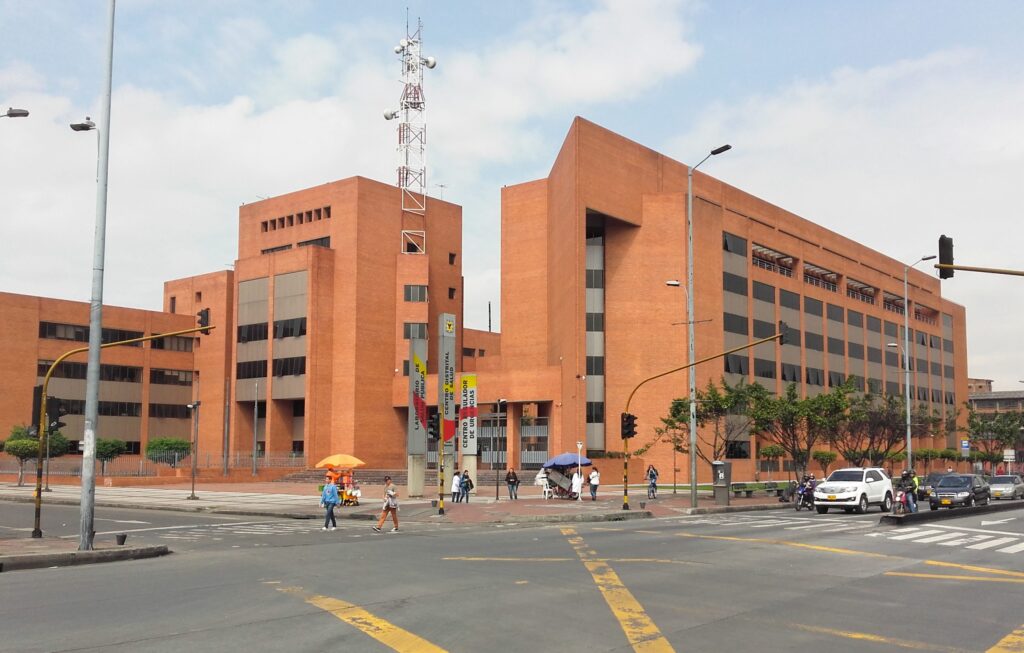

Secretaría Distrital de Salud, Bogotá,Colombia
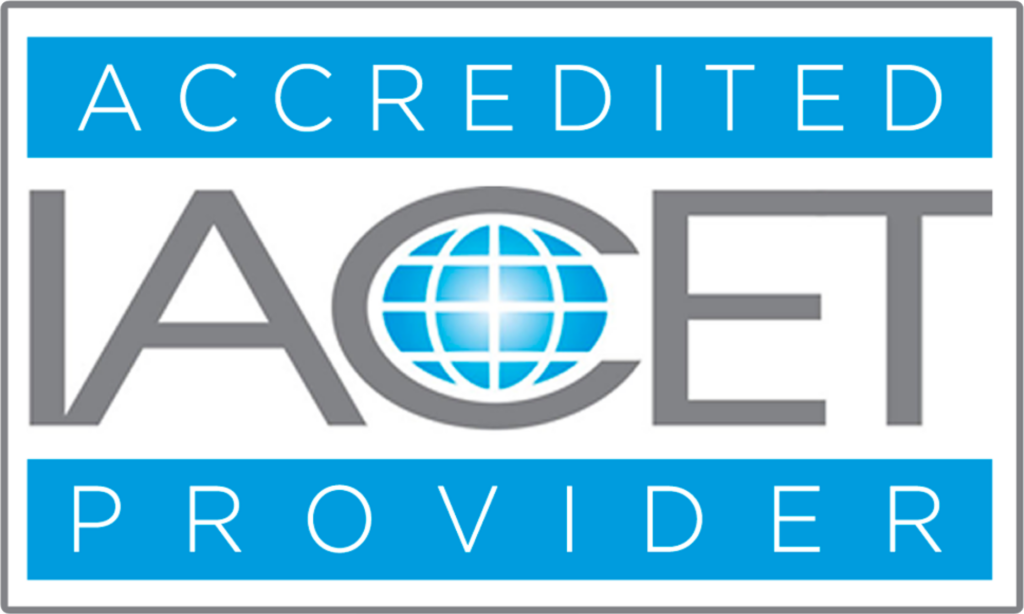
World BioHazTec is an Accredited Provider (AP) of the International Association for Continuing Education and Training (IACET). As an IACET Accredited Provider, World BioHazTec offers IACET CEUs for its learning events that comply with the ANSI/IACET Continuing Education and Training Information.
